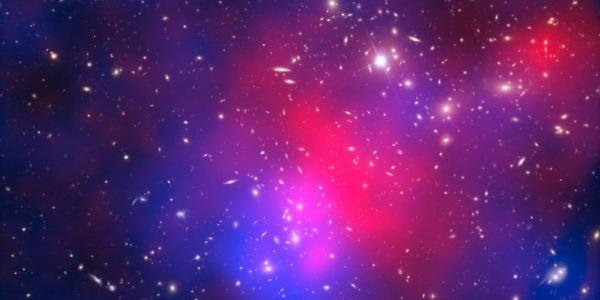From Dilute to Dense, One Particle at a Time: Calculating and Resumming the Virial Expansion of Quantum Gases
Strongly interacting quantum gases, from ultracold atomic clouds to neutron stars, represent a challenging many-body problem. Typically, these systems undergo spontaneous symmetry breaking into a superfluid phase (in some cases of exotic types) at some critical temperature, which is usually calculated with quantum Monte Carlo methods (if possible). On the other hand, above that critical temperature, these systems usually display a quantum-classical crossover with distinct interaction effects, captured by the so-called virial expansion. The latter contains, at a given order n, the contributions of the n-body system to the many-body problem. Thus, the second-order coefficient in the expansion has been known since the 1930's, but progress towards higher orders has been slow, with predictions for the third- and fourth-order coefficients in very limited cases appearing only in the 21st century.
In this talk, I will discuss and show the results of a new, non-perturbative, analytic approach to calculating virial coefficients beyond fifth order, which has recently enabled the application of series resummation techniques. With the latter, we have been able to make predictions for the thermodynamics of quantum gases in 1,2, and 3 spatial dimensions, for a wide range of coupling strengths (up to unitarity in 3d) and temperatures, beyond the expected regime of validity of the virial expansion. The new approach can be extended to other observables and physical situations, including nuclear matter and real-time dynamics of small systems.
Zoom link available upon request at physics@wustl.edu.
Post-docs and students' Q&A with the speaker starts at 2:15 pm. Contact Garrett King for the Q&A Zoom link.

